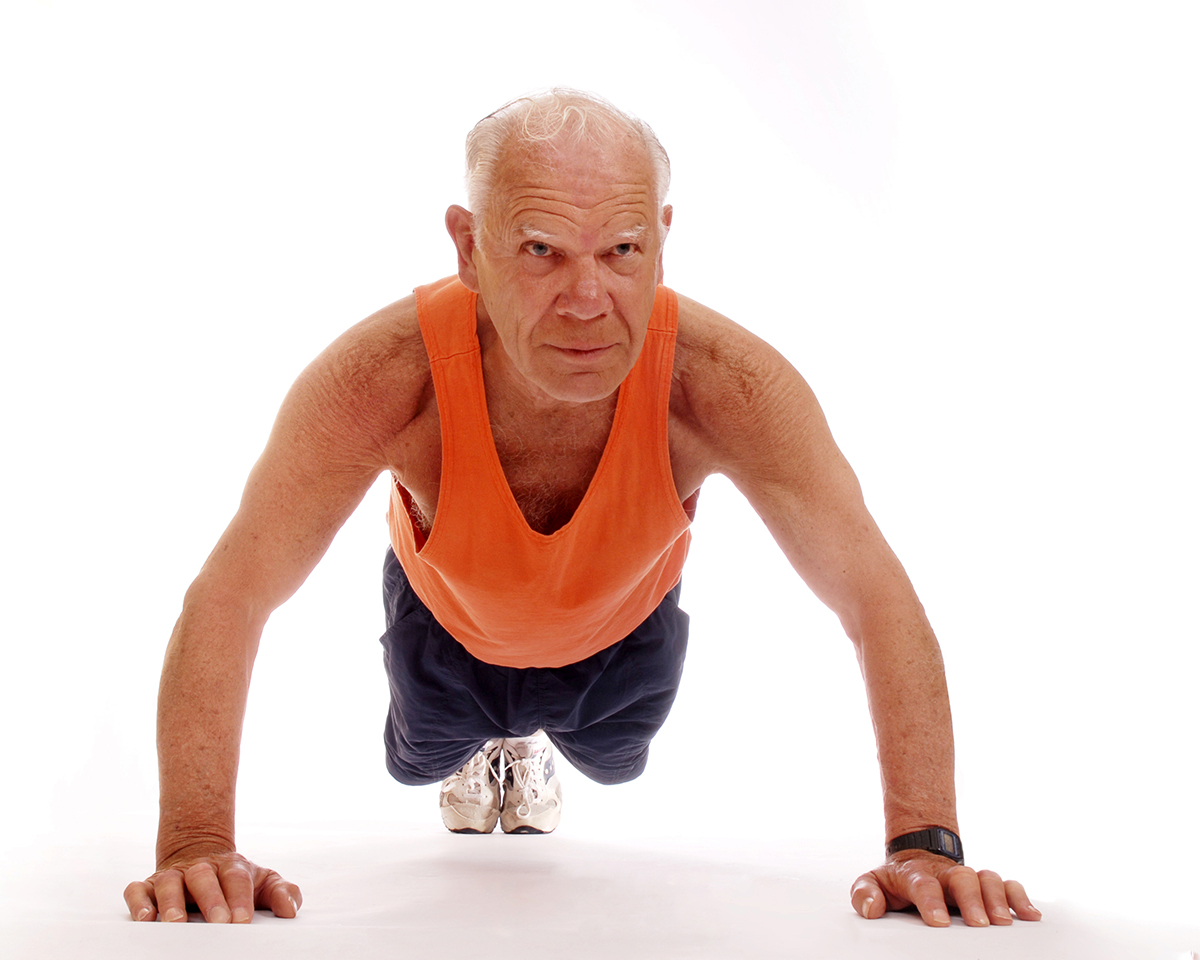Most exercise puts your bones under direct stress… But research shows this same stress may help prevent the bone loss that comes with osteoporosis.
Scottish researchers studied the bone mineral density (BMD) of 4,320 postmenopausal women.
Exercise didn’t damage their bones. It didn’t even lead to weaker bones. Exercising actually helped these women build bone density. This is one of the most direct ways to help prevent bone loss. But this isn’t the only example of exercise helping to fight osteoporosis.
One study from the University Of Connecticut found that it can also increase bone mineral content by 6.1% in 22 months.1 Bone mineral content is the mass of your bones. It’s different from the density. But they’re both important to increase if you want to prevent bone loss.
Building bone size and strength is your best defense against bone loss. But there’s an unexpected benefit of exercise that may help older women living with osteoporosis.
Moderate exercise programs may help improve balance in seniors with osteoporosis. It also increases knee strength.2 Weak knees and poor balance can both lead to falls in older women. A fall can be dangerous enough by itself. If osteoporosis is weakening your bones, you may be in even more trouble. But you don’t have to load up on weights for stronger bones. Bodyweight exercise may be enough.
A study in the American Journal of Health looked at exercise in premenopausal women. They found that women who performed a series of bodyweight jumping exercises twice a day for 16 weeks increased the BMD of their hips by up to 7.3%.3 This may help prevent bone loss caused by osteoporosis before it even becomes a concern.
Best of all? You don’t have to spend hours a day exercising to build stronger bones. In fact, high intensity interval training for just minutes a day is more effective. High intensity interval training gives you a physically demanding workout in a short amount of time. You start at a moderate pace. Then you move to an all-out effort. You repeat the process for around 12 minutes. It’s a real challenge. But your bones will have no choice but to get stronger.
Building stronger, bigger bones takes hard work. But it’s better than the alternative. You may be able to prevent osteoporosis. It’s also possible to help reverse it. Even just a brisk walk after dinner every night may give you stronger, denser bones.4
Like this Article? Forward this article here or Share on Facebook.
References:
1http://annals.org/article.aspx?articleid=701499
2http://www.ncbi.nlm.nih.gov/pmc/articles/PMC134175/
3http://www.ncbi.nlm.nih.gov/pubmed/24460005
4http://nof.org/articles/238

